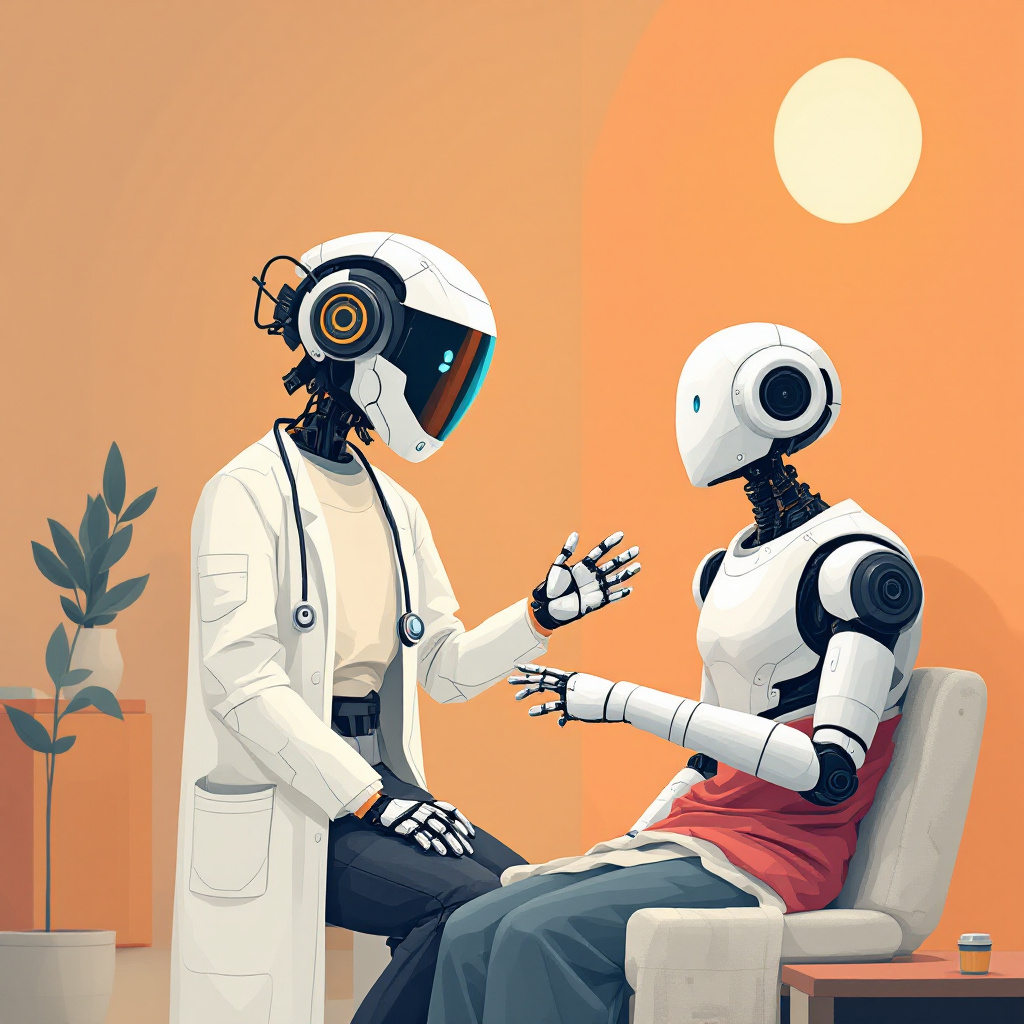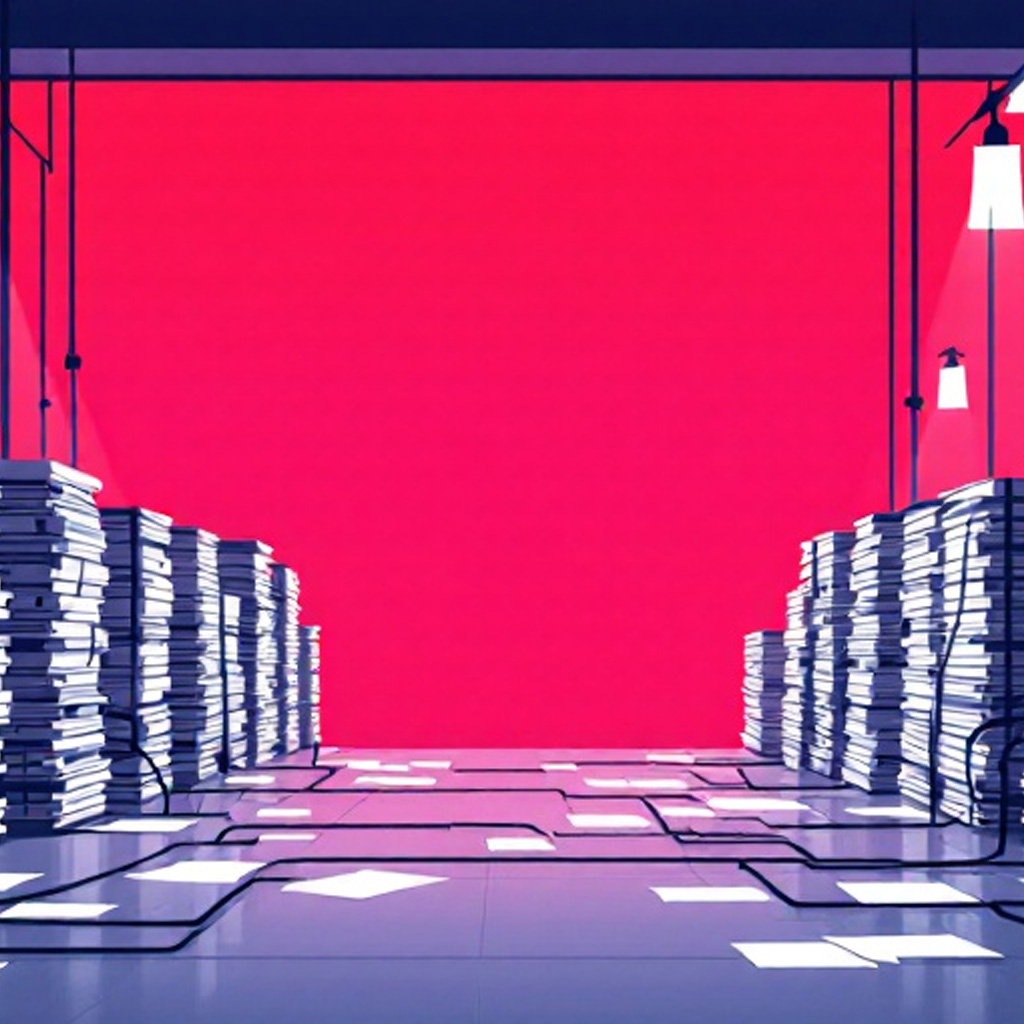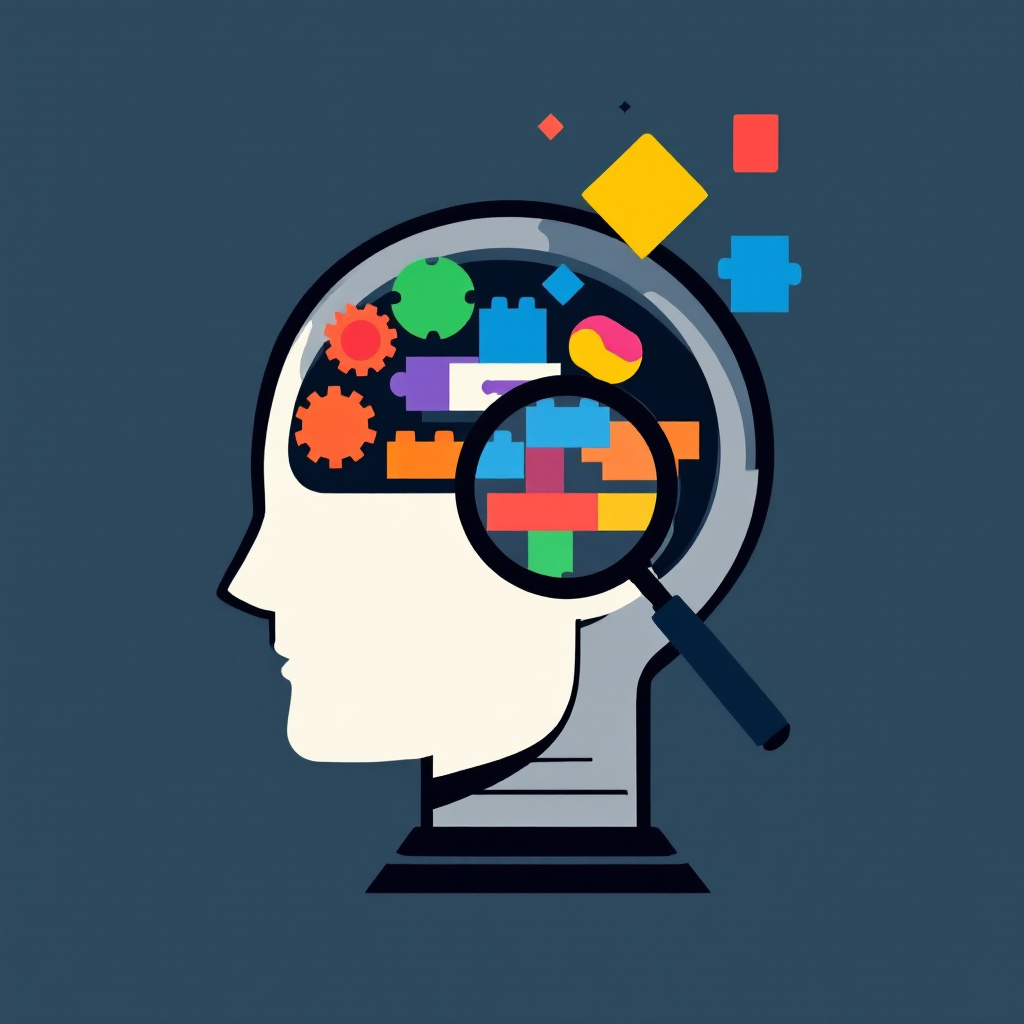The horrifying - yet eerily familiar - dystopia full of murder-bots and all-knowing robot overlords; and the oh-so-close utopia featuring flying cars and droid servants darting around: these futures have been part of our collective imagination for over a century now. As much as I love Sci-Fi, I am compelled to promote a less intense and much more practical future where Artificially Intelligent systems quietly augment our lives and are hardly even noticed.
I have encountered and am even guilty of enabling some pretty terrible Machine Learning systems in my career. I've built Ad Tech that picked the perfect ad to display on a website and which popup to smash in the user's face, an NLP system that somehow made job seeking more difficult, and even a Machine Vision system that lived in cold, dark, damp parking garages. What have I learned from these adventures? Well, people tend to search for what they want to buy, job matching has more to do with external factors than words in a resume, and RF technology isn't going anywhere anytime soon. Artificial Intelligence - more specifically Machine Learning - is not a silver bullet, it is a highly specialized solution for immensely specific and well-defined problems.
While general purpose systems in Speech Synthesis, Machine Vision, and Natural Language Processing are amazing — futuristic even; a startling number of problems that Machine Learning can solve are actually quite boring. Do you need to count cattle on your ranch on a daily basis? Do you need to predict how many cars are going to drive down a road on a given day? Do you need to determine a plant's' species based only on a few images of its leaf and flower? How about automatically adjusting a vehicle's fuel/air mixture based on both environmental data and individual driving habits? The solution to this problem is certainly a far cry from self-driving flying cars, but it would have an immediate and measurable impact on fuel efficiency and the environment.
Now, imagine thousands of tiny, non-internet connected microchips rapidly processing an extraordinary amount of information gently guiding us and the machines that we use on a daily basis towards a more optimized, better informed, more efficient future. This future isn't quite as exciting as Back to The Future or Terminator it's a future that I'd happily be a part of.
-Sethers



